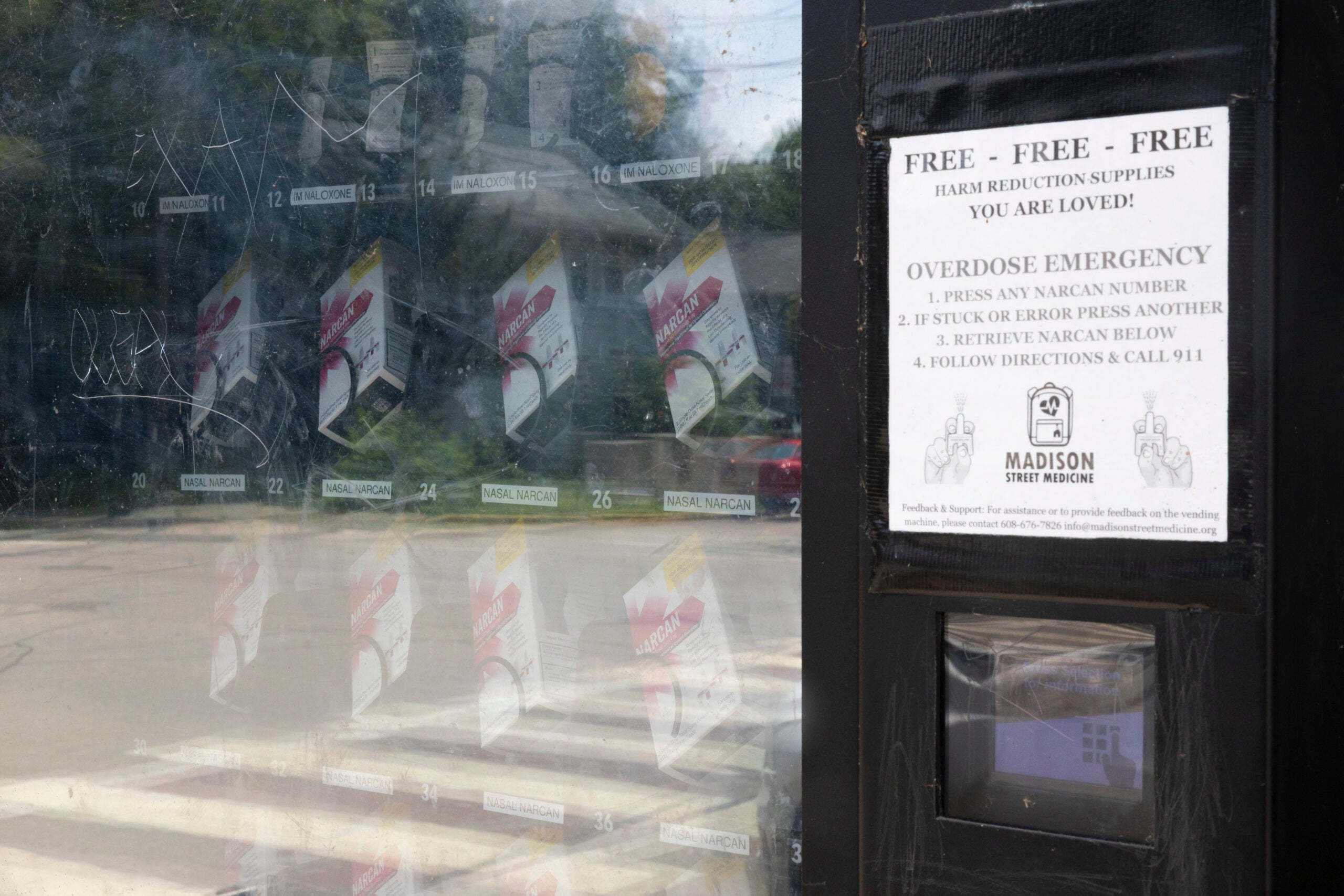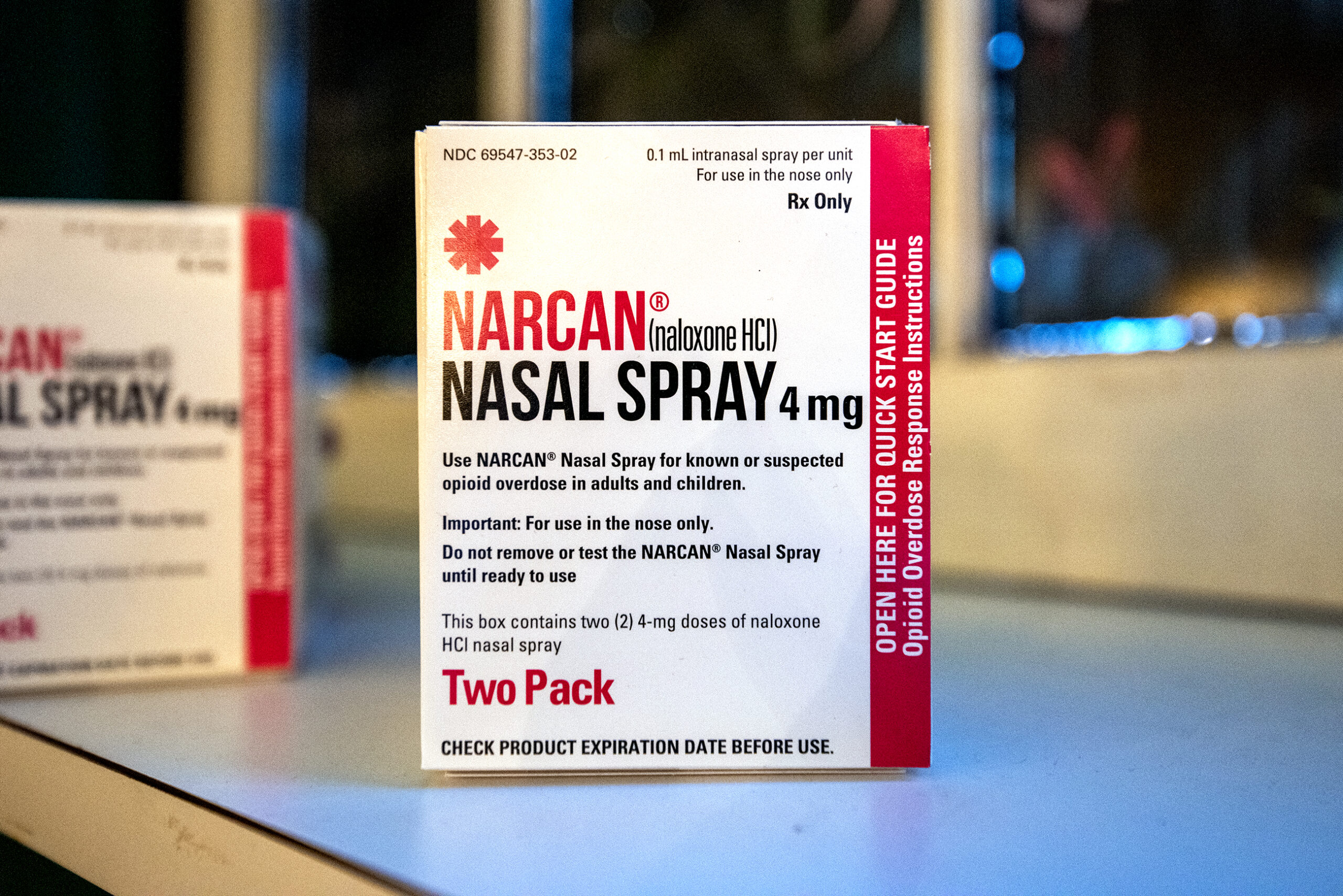COVID-19 is compounding drug and alcohol problems across Wisconsin, with opioid overdoses increasing by 117 percent since the start of the pandemic compared to the same time in 2019, according to preliminary Department of Health Services data.
A state lawmaker from LaCrosse said if the current trajectory continues, her area will certainly surpass last year’s total number of overdoses.
“Like other parts of the state, as people are suffering from the stressors of COVID (and) isolation, we’re seeing more issues with misuse and abuse. That also includes alcohol with more people coming to emergency rooms,” said Rep. Jill Billings during an Aug. 7 meeting for the State Council on Alcohol and Other Drug Abuse.
News with a little more humanity
WPR’s “Wisconsin Today” newsletter keeps you connected to the state you love without feeling overwhelmed. No paywall. No agenda. No corporate filter.
The DHS released the preliminary data from emergency departments in late July showing there were 325 suspected opioid overdoses during a period from March to July, compared to 150 suspected overdoses during the same period in 2019.
There are indications people may not be seeking help despite the additional pressures of the pandemic. Tellurian, a recovery facility that offers substance abuse and mental health recovery in Dane County, is getting fewer calls.
“I think it’s because people are afraid to get the help they need because of the COVID virus, and unfortunately we’re losing a lot of precious souls out there,” said Kevin Florek, the CEO of Tellurian and a member of the council.
The facility has ramped up telehealth so patients can get counseling virtually. In other parts of the state, that’s not possible due to the lack of sufficient broadband.
“We do not have high-speed internet in many areas outside the city limits, so Zoom meetings are not an option,” explained Terry Schemenauer, a council member from Ashland.
Those with substance abuse disorder or mental health issues include the homeless. Council member Sen. Janet Bewley, D-Mason, is concerned those now living outside won’t be able to do so when temperatures drop.
“When winter comes, many of them will die,” she said.
Bewley expressed doubt that Congress would provide more federal money through a second relief bill to address homelessness and addiction, leaving the problem to local and state governments that have seen finances plummet with the pandemic.
Wisconsin Public Radio, © Copyright 2025, Board of Regents of the University of Wisconsin System and Wisconsin Educational Communications Board.







